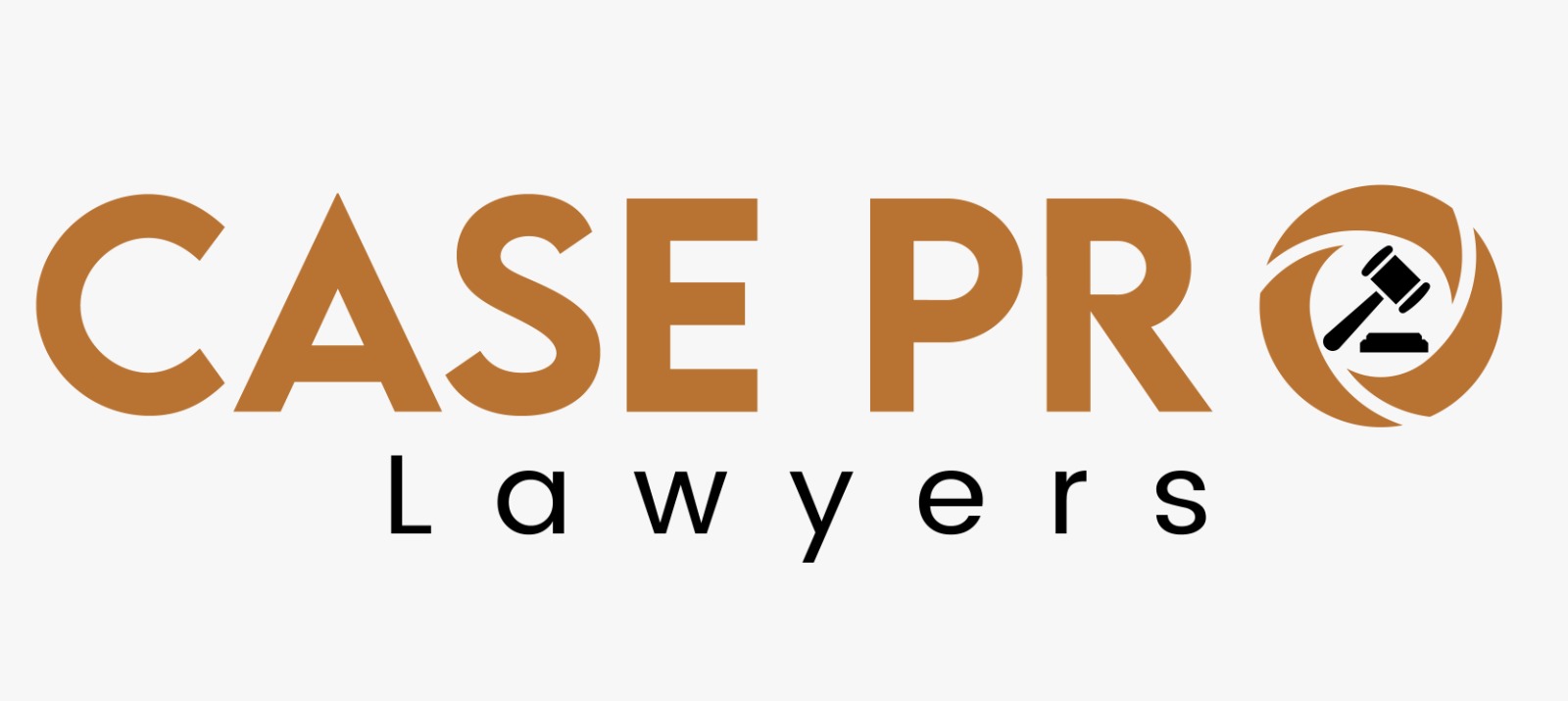When powerful corporations or institutions engage in fraud, negligence, or wrongdoing, their actions often affect more than just one person—they impact entire groups of people. At Case Pro Lawyers, we stand as a force for justice, fighting for those who have been harmed by corporate misconduct, defective products, unfair business practices, or workplace violations. Through class action lawsuits, we give individuals the power to come together and hold wrongdoers accountable.
Class actions level the playing field, allowing everyday people to challenge large companies, financial institutions, employers, and manufacturers who put profit over people. Our experienced class action attorneys bring relentless advocacy, strategic litigation, and a track record of success to every case, ensuring that victims receive the compensation and justice they deserve.
Whether you’ve been misled by deceptive business practices, harmed by a dangerous product, or denied fair wages, you don’t have to fight alone. By joining forces with others in similar situations, you amplify your voice and increase the chances of a meaningful resolution.
Justice is stronger when we stand together. Contact us today to learn more about your rights and how we can help you take action.



